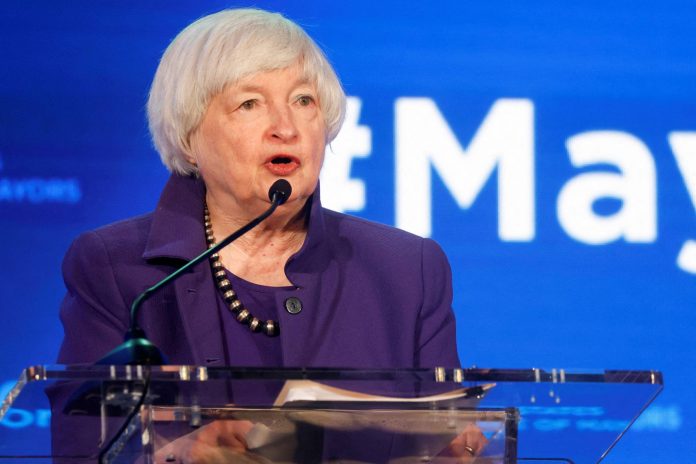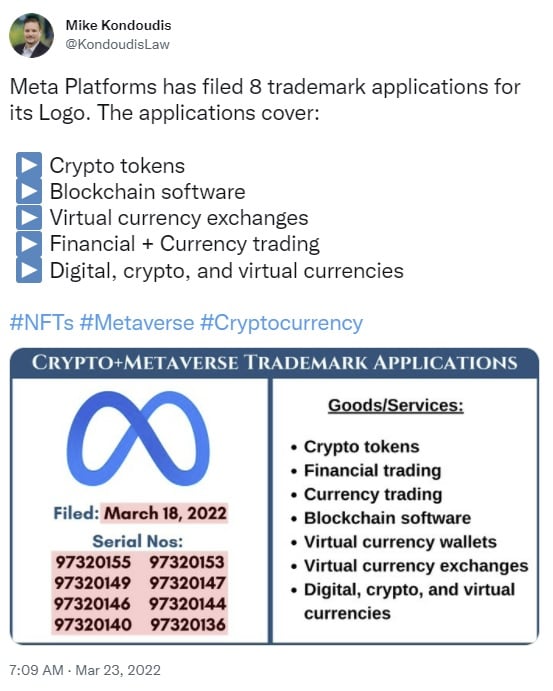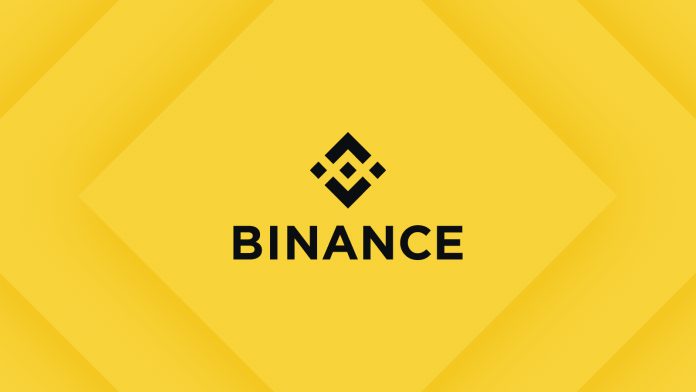Leumi, Israel’s second-largest bank, has announced the launch of a cryptocurrency trading service for customers of its digital investment platform. “Pepper Invest customers will be able to buy, hold, and sell cryptocurrencies through the service.”
Pepper Invest, the digital investment platform of Pepper by Leumi (TASE: LUMI), announced Friday the upcoming launch of its cryptocurrency trading service.
“Pepper will be the first banking platform in Israel … to allow its customers to trade cryptocurrencies, in an attractive pricing model,” the announcement details, adding that the service will also become accessible to other Bank Leumi customers in the near future.
The new service is a collaboration between Leumi Group and Paxos, a regulated U.S. blockchain infrastructure platform. The announcement adds that upon completion of the regulatory approvals required:
The service will allow Pepper Invest customers to buy, hold and sell cryptocurrencies, in the first stage bitcoin and ethereum.
Bank Leumi’s customers can trade cryptocurrencies through their trading account at Pepper Invest and “Pepper will collect tax according to the guidelines of the Israeli Tax Authority so that customers will not need to manage tax complexities,” the announcement notes.
Founded in 2012, Paxos holds regulatory licenses in the U.S. It manages more than USD 20 billion in assets and reaches more than 400 million end-customers worldwide.
Pepper CEO Uri Nathan commented:
We are proud to be the first in the Israeli banking system and one of the few worldwide to offer our customers to trade in cryptocurrencies simply, safely and reliably, without the need to download a crypto wallet and with all tax complexities being resolved by the bank.










